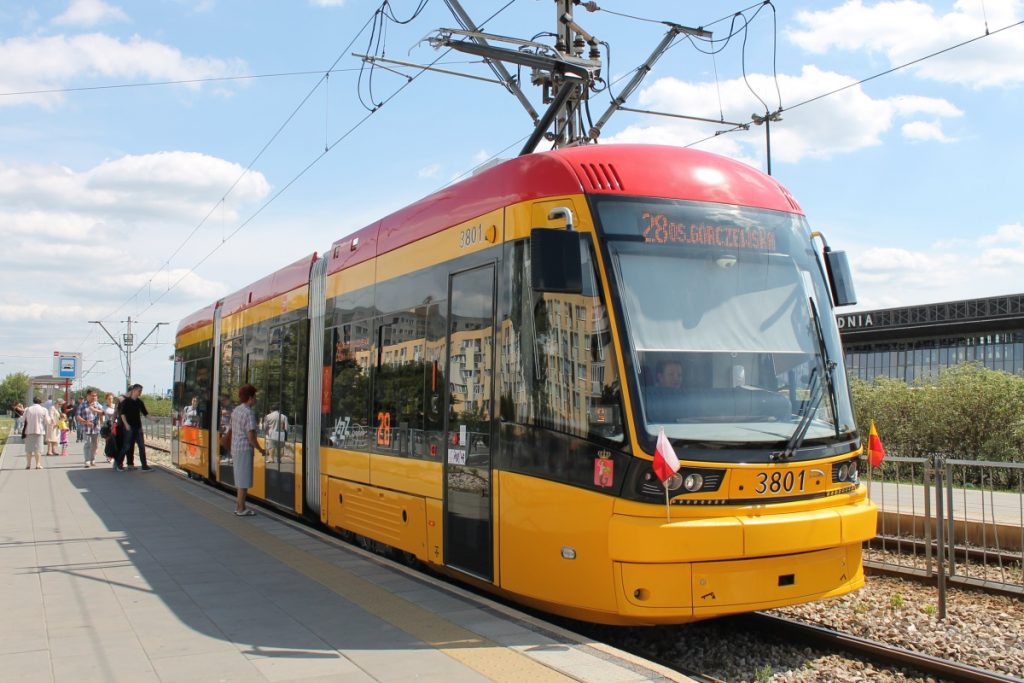Skeleton Technologies, an Estonian ultracapacitor manufacturer, has signed a contract with Medcom, an innovator in the electric traction market, to provide ultracapacitors in the tram networks of Poland’s capital, Warsaw.
“Energy efficiency is becoming the key design criteria for any public transportation system, and ultracapacitors, due to one million lifecycles and immediate charging, are now enabling applications that have not been viable with batteries, which meet their end of life at 2,000-3,000 cycles and cannot charge quickly enough to take advantage of kinetic energy recovered while trams brake,” the company said in a blog post.
Skeleton’s ultracapacitor systems are situated onboard trams and provide energy savings by recuperating braking energy and reusing it for acceleration, decreasing the total energy consumption significantly. The ultracapacitor system also shaves power peaks, protecting the grid infrastructure in Warsaw, the company added.
In August 2019, the company announced it was to supply ultracapacitor systems to Škoda Electric, a Czech streetcar manufacturer, for 114 trams that will be used in the towns of Mannheim, Heidelberg and Ludwigshafen in Germany. The ultracapacitor system recuperates the braking energy of the trams and uses it for re-acceleration, thus saving energy and decreasing costs.
Earlier this month, the company announced it was for the sixth year in a row chosen for the Global Cleantech 100 list by Cleantech Group. “The list features the private, independent and for-profit companies best positioned to contribute to a more digitised, decarbonised and resource-efficient industrial future,” Skeleton said.
Ultracapacitors are a technology used for fast energy storage. Capable of rapid charging in a matter of seconds and able to provide over a million charge/discharge cycles, they offer benefits in industries where reliable, instant power is a necessity. This contrasts with traditional batteries that are used for slow energy storage due to much longer charging times and lower life cycles.
Cover: A Polish-made Pesa tram in Warsaw (Wikimedia Commons, published under creative commons CC BY-SA 4.0 licence).

